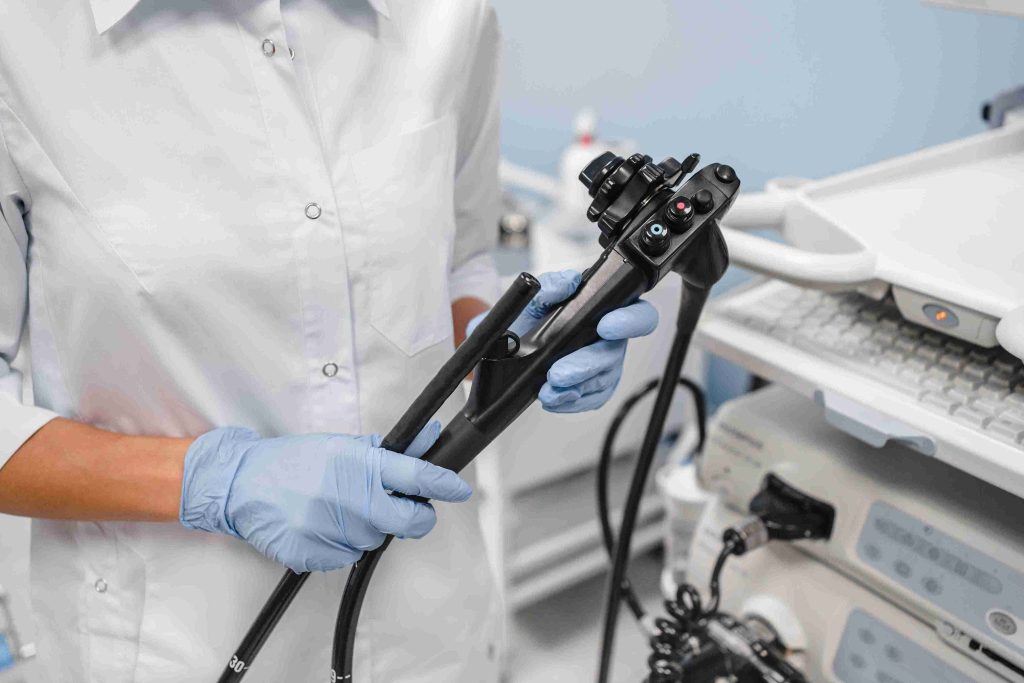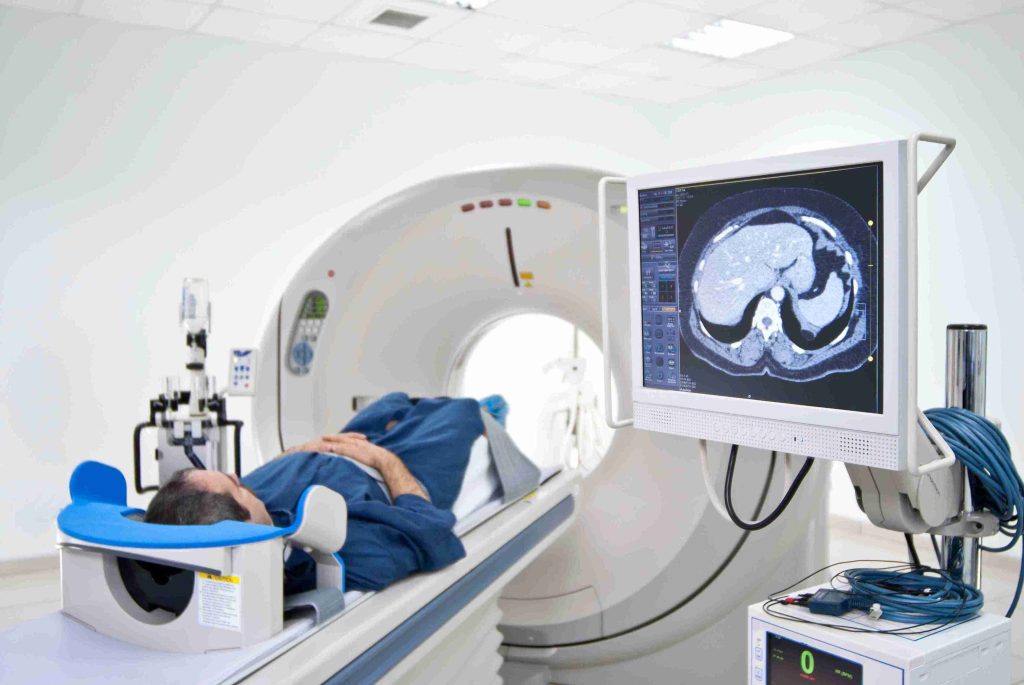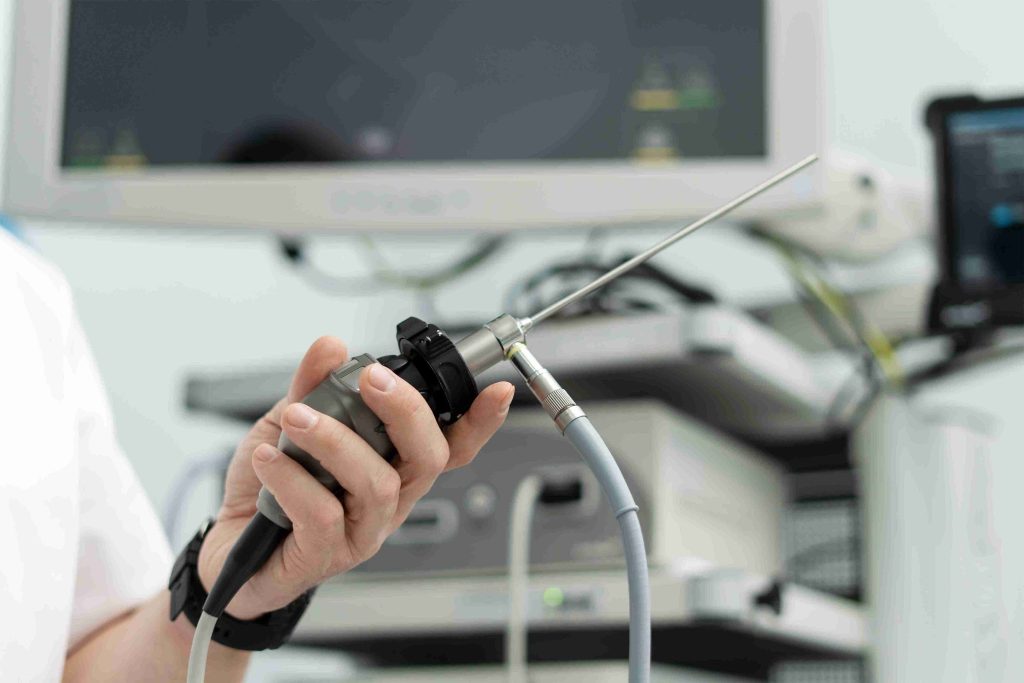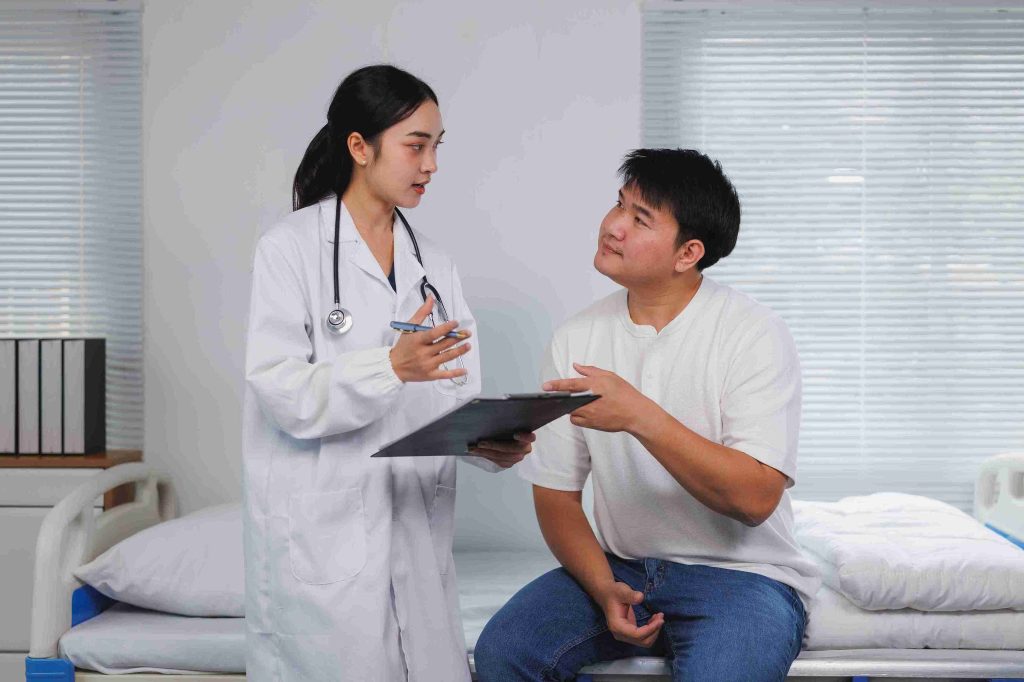Endoscopy vs Capsule Endoscopy: Which One Should You Choose?

Key Takeaways Endoscopy is a standard procedure for visualizing the upper and lower digestive tract, while capsule endoscopy is less invasive and used primarily for the small intestine. Both procedures provide valuable diagnostic information, but their preparation, duration, and risks differ. The choice between the two depends on your medical condition, area of concern, and […]
Endoscopy vs CT Scan: Which Gives a Clearer Diagnosis?

Key Takeaways Endoscopy allows direct visualization and biopsy, making it the gold standard for many gastrointestinal conditions. CT scans are faster and non-invasive, ideal for emergencies and structural abnormalities. The best diagnostic tool depends on symptoms, urgency, and the suspected condition. Endoscopy provides a clearer diagnosis for conditions affecting the digestive tract lining, while CT […]
Is Endoscopy Safer Than Virtual Colonoscopy? A Comparison

Key Takeaways Endoscopy provides direct visualization of the colon, enabling diagnosis and treatment in one procedure, while virtual colonoscopy is non-invasive but purely diagnostic. Both procedures are generally safe, but their risk profiles differ, with endoscopy carrying minimal procedural risks and virtual colonoscopy involving radiation exposure. Patient comfort, preparation, and clinical goals influence the choice […]
Endoscopy vs Sigmoidoscopy: Key Differences and Benefits

Key Takeaways Both procedures allow doctors to examine the digestive tract, but they differ in scope and purpose. One test evaluates a broader portion of the gastrointestinal system, while the other focuses only on the lower colon. The choice depends on symptoms, risk factors, and what the doctor needs to assess. Understanding the benefits and […]
10 Common Myths About Endoscopy—Debunked

Key Takeaways Endoscopy is a safe and essential diagnostic tool, but many misconceptions persist that may prevent timely procedures. Proper understanding of the procedure, preparation, and recovery helps reduce anxiety and ensures accurate results. Most myths about endoscopy, such as pain, complications, and recovery concerns, are based on outdated or inaccurate information. Being informed allows […]
Important Questions to Ask Before Getting an Endoscopy

Key Takeaways Endoscopy is a minimally invasive procedure that allows doctors to examine the digestive tract for abnormalities, including ulcers, polyps, and inflammation. Asking the right questions before an endoscopy ensures patient safety, understanding of the procedure, and proper preparation. Knowing about potential risks, recovery time, and results can reduce anxiety and improve compliance with […]
Types of Endoscopy: Upper, Lower, Capsule and More

In modern medicine, visualization inside the human body has become much less invasive thanks to endoscopy. This procedure uses a flexible tube equipped with a camera and light to examine internal organs, helping doctors detect, diagnose, and sometimes treat medical conditions without the need for open surgery. There are several types of endoscopy, each designed […]
How Often Should You Get an Endoscopy?

An endoscopy is one of the most valuable diagnostic procedures in modern medicine, allowing doctors to visualize the inside of the digestive tract and detect abnormalities that might otherwise go unnoticed. Whether you’re experiencing unexplained symptoms like abdominal pain, difficulty swallowing, or chronic acid reflux, or you have a history of gastrointestinal conditions, knowing how […]
Bleeding After Endoscopy: What Is Normal (and What Isn’t)?

Endoscopy is a widely used diagnostic and therapeutic procedure that allows doctors to look inside the digestive tract using a flexible tube with a camera. It is commonly performed to investigate symptoms such as abdominal pain, bleeding, reflux, or difficulty swallowing. In some cases, it is also used to take tissue samples (biopsies) or remove […]
Endoscopic Mucosal Resection: Removing Polyps Safely

When it comes to identifying and treating precancerous growths in the digestive tract, early intervention can be a life-saving step. One minimally invasive procedure that plays a vital role in this process is Endoscopic Mucosal Resection (EMR). It allows doctors to remove abnormal tissue, such as polyps or early-stage cancer, from the lining of the […]
